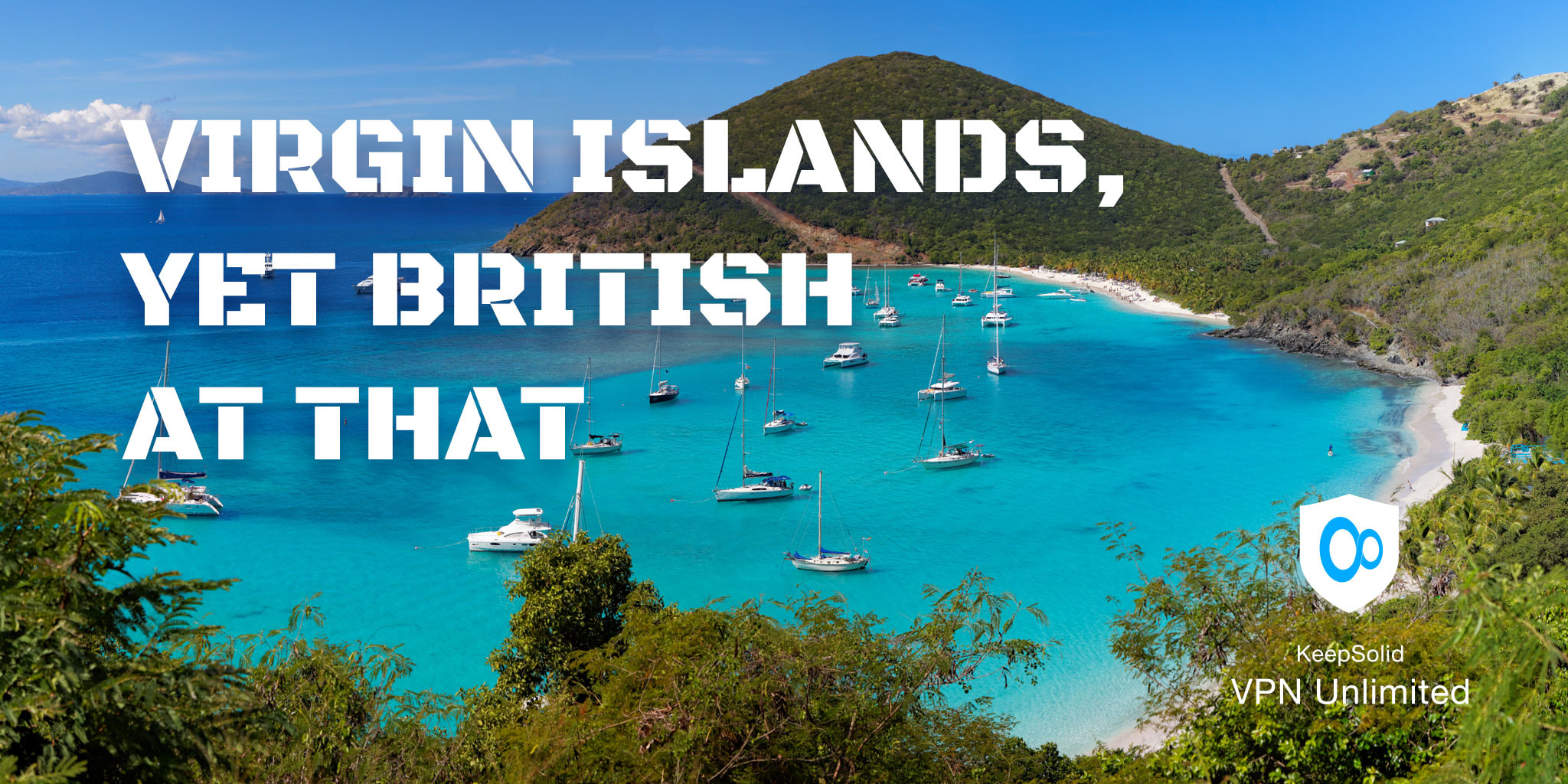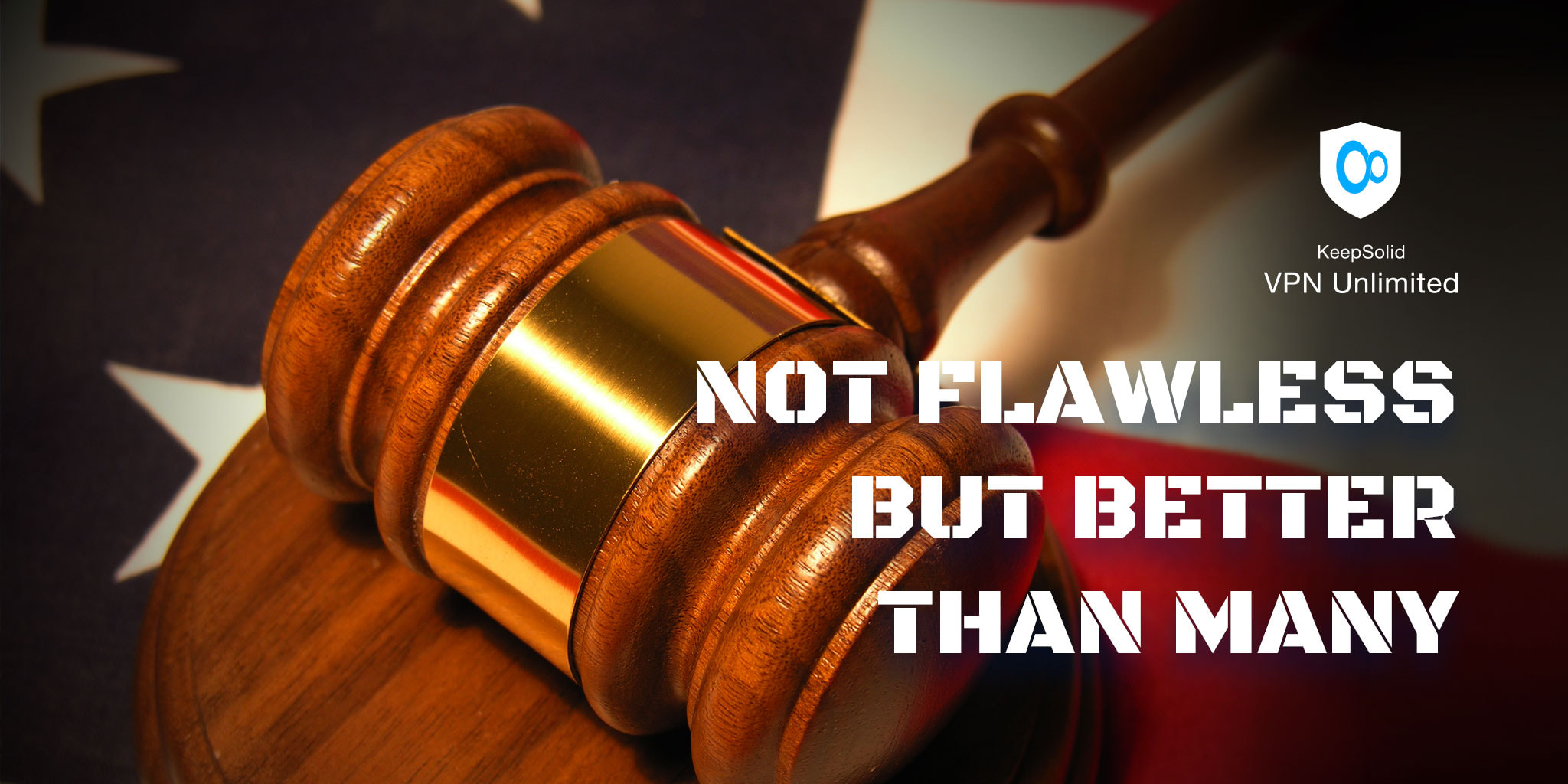United States VS Offshore Jurisdiction – Which is Better for VPN and Why

Updated on July 13, 2021: From now on, traffic filtering, malware protection, and suspicious DNS activity blocking are available as a part of the separate DNS Firewall app.
One of the oft-used “selling points” for a VPN provider is the jurisdiction in which the company that provides the VPN service is organized. Certain companies organized in well-known tax haven, or “offshore”, countries push that fact as a feature that supposedly allows such companies to refuse to comply with legal process (judicial and administrative subpoenas, and other legal requests for information).
In turn, as the argument goes, such VPN providers are better able to protect information of the consumer from the prying hands of government officials and private persons. Such VPN providers cite to the scant available public information about government surveillance programs and intelligence-sharing supranational alliances with scary names, like 5 Eyes, 9 Eyes, 14 Eyes, PRISM, and Upstream. They also claim that the provider’s nation of legal organization is not subject to such surveillance and intelligence-sharing.
This argument is highly overblown.
Get the best US-based VPN - VPN Unlimited!
Intelligence-sharing between countries is a norm
First, very few nations refuse to participate in intelligence-sharing with other nations. The standard for lack of intelligence-sharing would probably be North Korea, but few VPN providers appear to claim origin in that nation.
There is no way to know for sure if a country does surveillance or not
Second, whether any single nation participates, and to what extent, in any mass surveillance and intelligence gathering activity on a national and supranational level is not well known. As an example, British Virgin Islands (BVI) is a nation comprised of a few small islands in the Caribbean Sea. On the surface, it appears reasonable to think that this nation is not engaged in mass surveillance or participates in any supranational intelligence sharing operations.
This perception is misguided, however, if one considers that BVI is a British Overseas Territory – meaning that the United Kingdom (UK) (a member of 5 Eyes) is responsible for BVI’s defense and foreign relations. This also means that British Virgin Islanders are British and EU citizens. What does this mean for government surveillance and legal requests for information from the BVI-based companies?

The fact is the public does not know for sure. It is easy to claim that BVI-organized companies are not subject to the laws of the UK or EU, but much harder to prove that such companies do not actually disclose information in response to requests from British authorities. It is also easy to imagine that corporate and natural owners of a BVI-organized company, which are not publicly known thanks to BVI’s status as a tax haven, are actually based in a country that undertakes mass surveillance.
Any multinational company has to comply with the laws of the countries it operates in
Third, the laws of the nation in which a company is organized are not necessarily the only laws with which such a company must comply. It is common knowledge that multinational companies that wish to do business in China, for example, are forced to comply with onerous Chinese laws regarding company organization and technology transfers.
The idea is the same with every other nation – if you wish to do business in a certain country, you must be prepared to comply with that nation’s laws. While this obviously does not mean total compliance with any and every government request for information, companies that do business in a country cannot credibly claim to simply be ignoring that country’s laws.

It’s not just about surveillance, but also about your ability to fight back
Finally, and most importantly, laws and institutions of certain nations provide transparency and a “day in court”. Now, we all know that the government of the United States of America (US) is often maligned, sometimes deservedly, for engaging in surveillance activities that go beyond the bounds of extreme necessity and violate the US Constitution.
But at least the US has fair and transparent institutions that allow consumers their day in court. Consumers and public interest groups have been able to successfully push back on unconstitutional information gathering by the US government. Consumers may not find the same protections to exist in BVI or Romania.